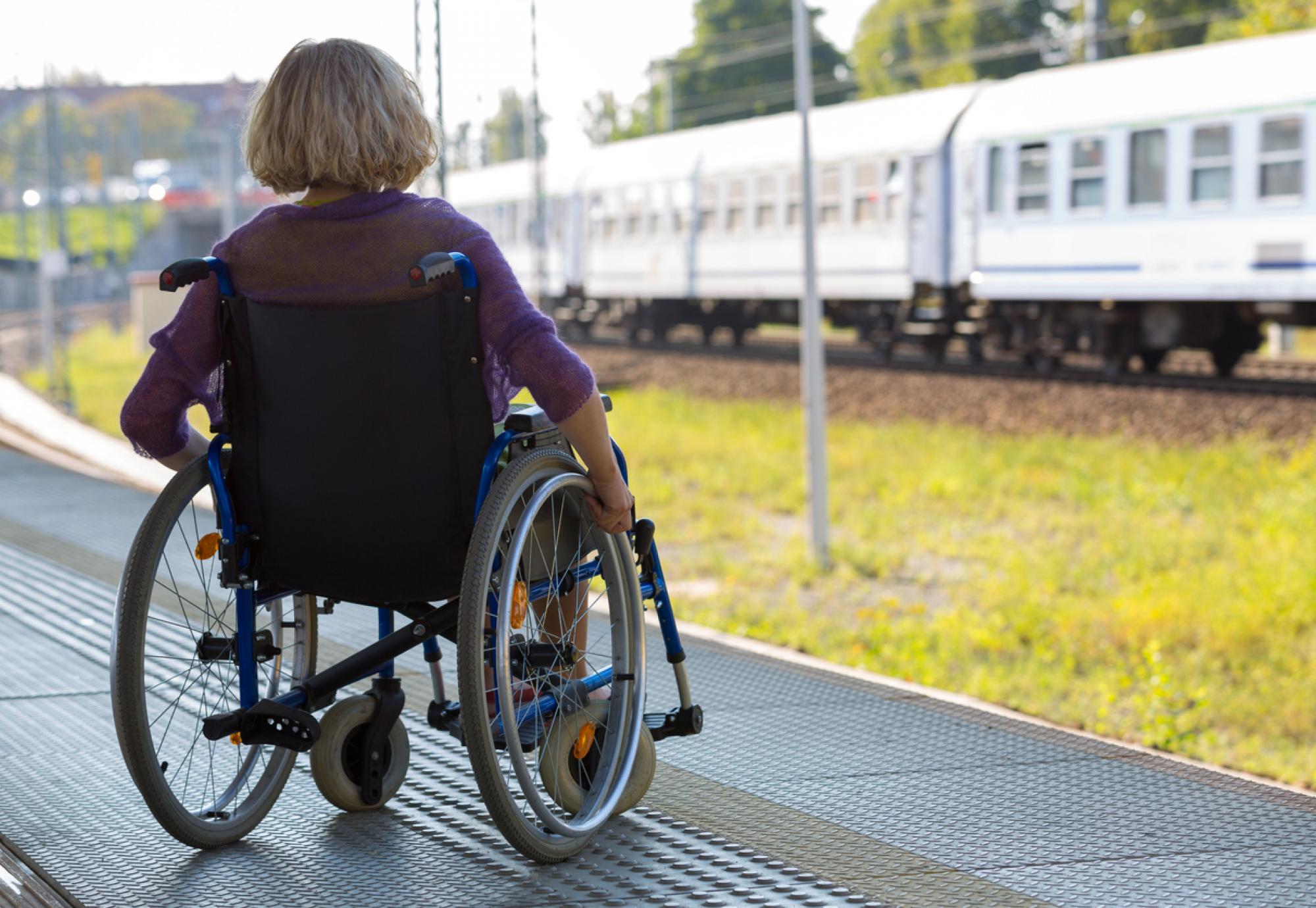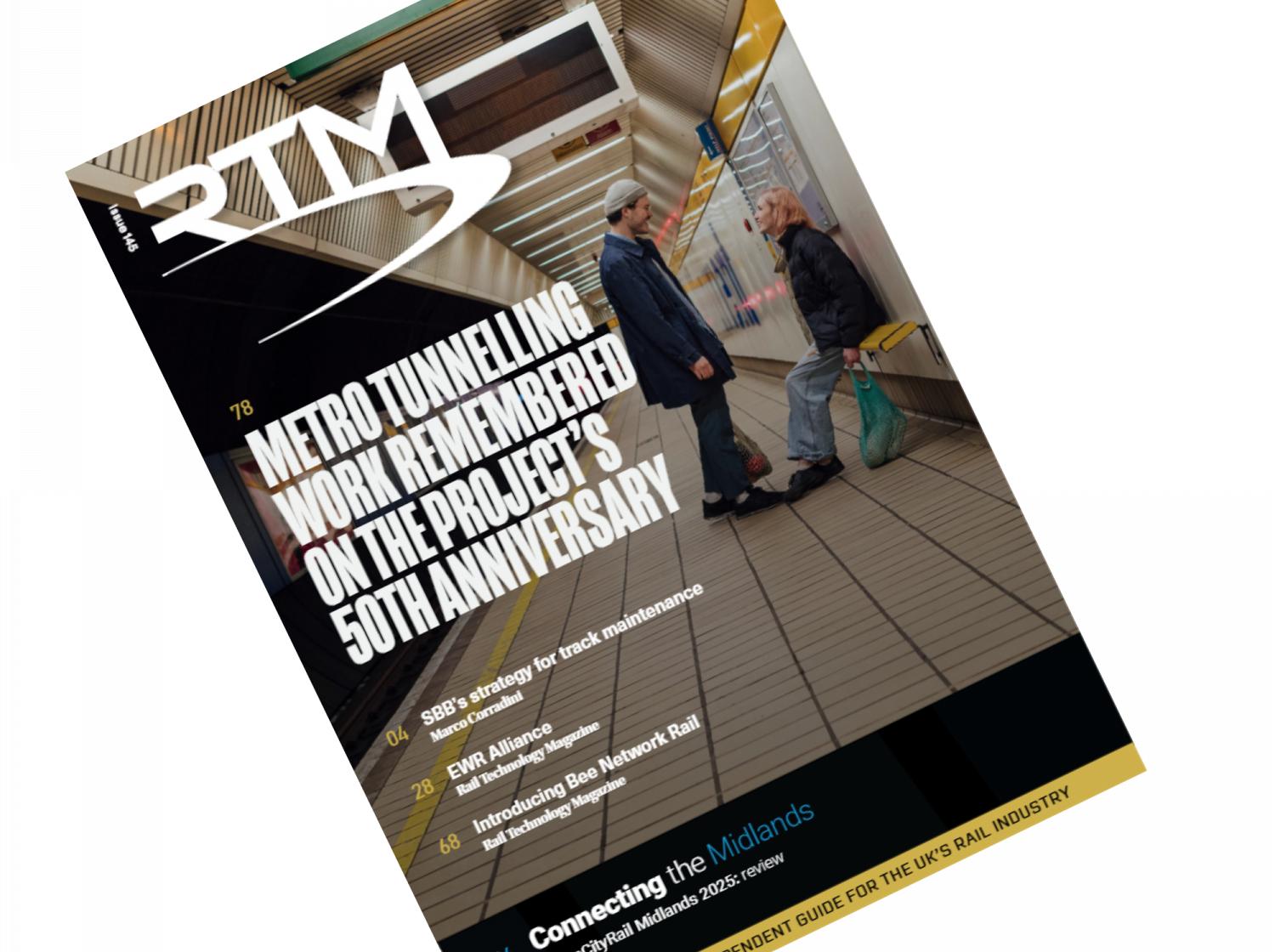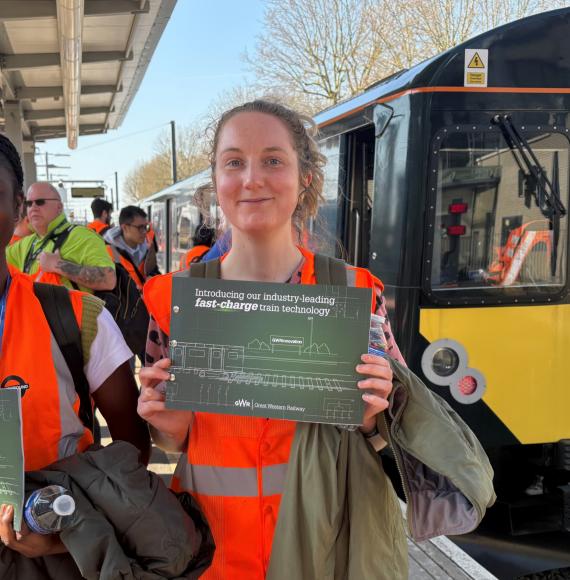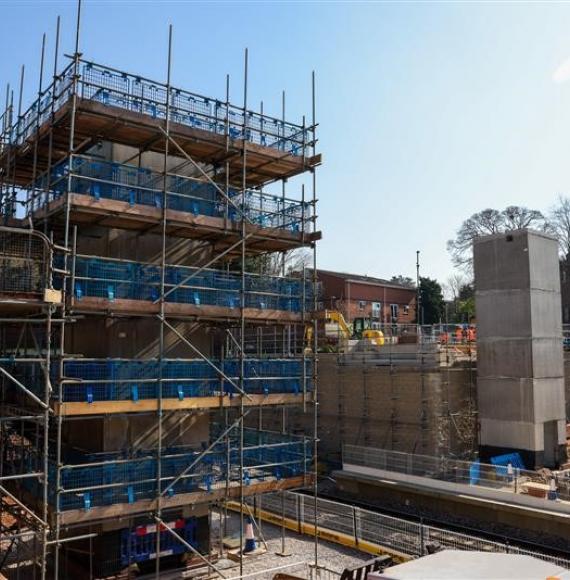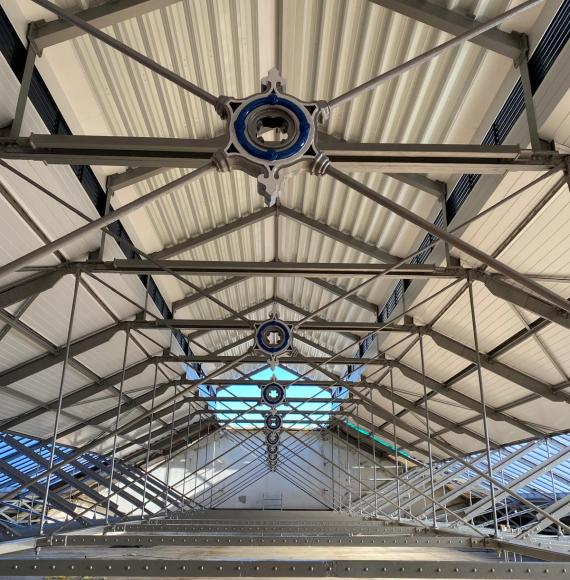A report by The Office of Rail and Road has revealed that some disabled passengers experience accessibility difficulties with the rail complaints process.
A cross-section of disabled people participated in research commissioned by the ORR, discussing their experiences of complaints handling by train operators.
Many had a positive view of the complaints process and its outcomes, however there were also some reports of very poor experiences.
The key findings of the report were:
- 86% of participants were aware of their right to complain following poor delivery of services; only 39% were fully aware of their right for redress
- Most participants found the complaints process accessible, although 46% reported that they experienced some barriers, while 8% said that the process was inaccessible
- Disabled passengers would be more likely to complain if they felt it was a worthwhile use of time and energy; over the last two years, 36% of disabled passengers did not complain when they felt they had justification to
Stephanie Tobyn, ORR director of strategy, policy and reform, said: “Where disabled rail users experience inadequate standards of service it is paramount that operators provide fully accessible means to raise complaints and clearly signpost where passengers can seek redress when their booked assistance has failed.
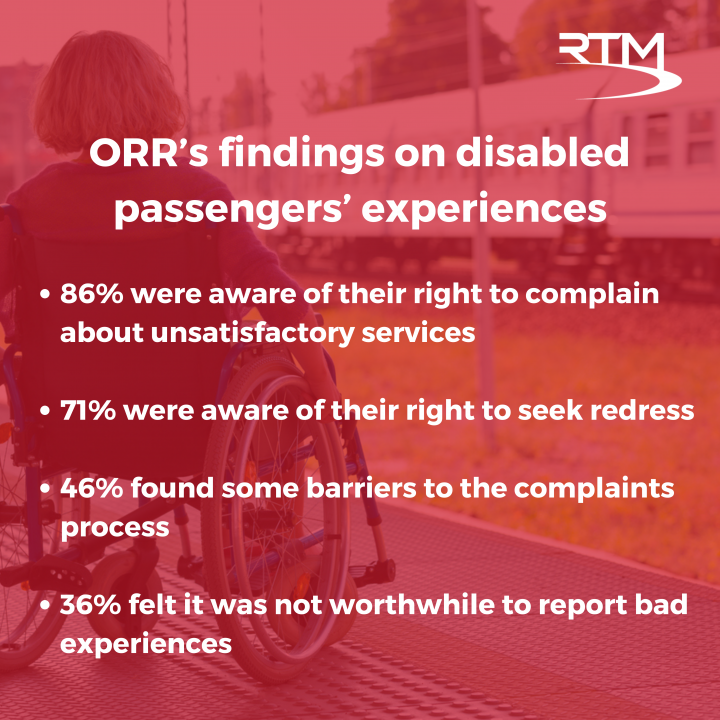
“We will follow up on the findings from the report and continue to monitor what operators are doing to improve the experience for disabled passengers.”
The regulator will engage with relevant operators to tackle non-compliance with specific requirements in the Complaints Code of Practice and the Accessible Travel Policy Guidance, which are designed to ensure both accessibility of the complaints process and disabled passengers’ awareness of their right to use it.
All operators have been asked to study complaints from disabled passengers and demonstrate how they will rectify the issues identified.
Image credit: iStock

